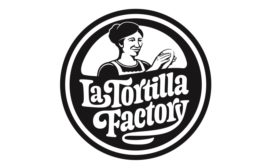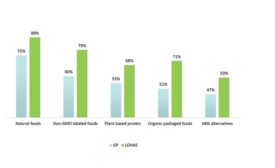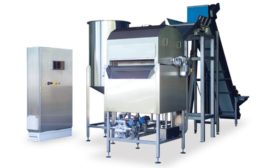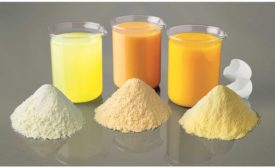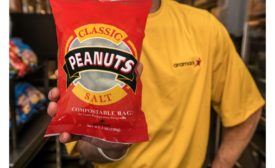Sustainability
Transparency and healthy indulgence reign in the world of chocolate ingredients
Heath-conscious consumers are looking for chocolate to deliver a sensory, sensible and sustainable experience
April 5, 2018
Expanding equipment options for fried snacks
Equipment suppliers are delivering better oil performance, efficiency and more with new and updated fryers.
March 19, 2018
Sustainability proves to be more than just a trend
Consumers demand sustainability practices that are better for the environment and humanity.
January 17, 2018
Dairy ingredient growth driven by desire for clean label, nutrition
Consumers search for wholesome dairy products.
December 11, 2017
Kansas City Chiefs "go nuts" over compostable peanut bag
First-of-its-kind environmentally friendly packaging for peanuts debuts at Arrowhead Stadium
November 21, 2017
Keep the info flowing with our eNewsletters!
Get the latest industry updates tailored your way.
JOIN TODAY!Copyright ©2024. All Rights Reserved BNP Media.
Design, CMS, Hosting & Web Development :: ePublishing
